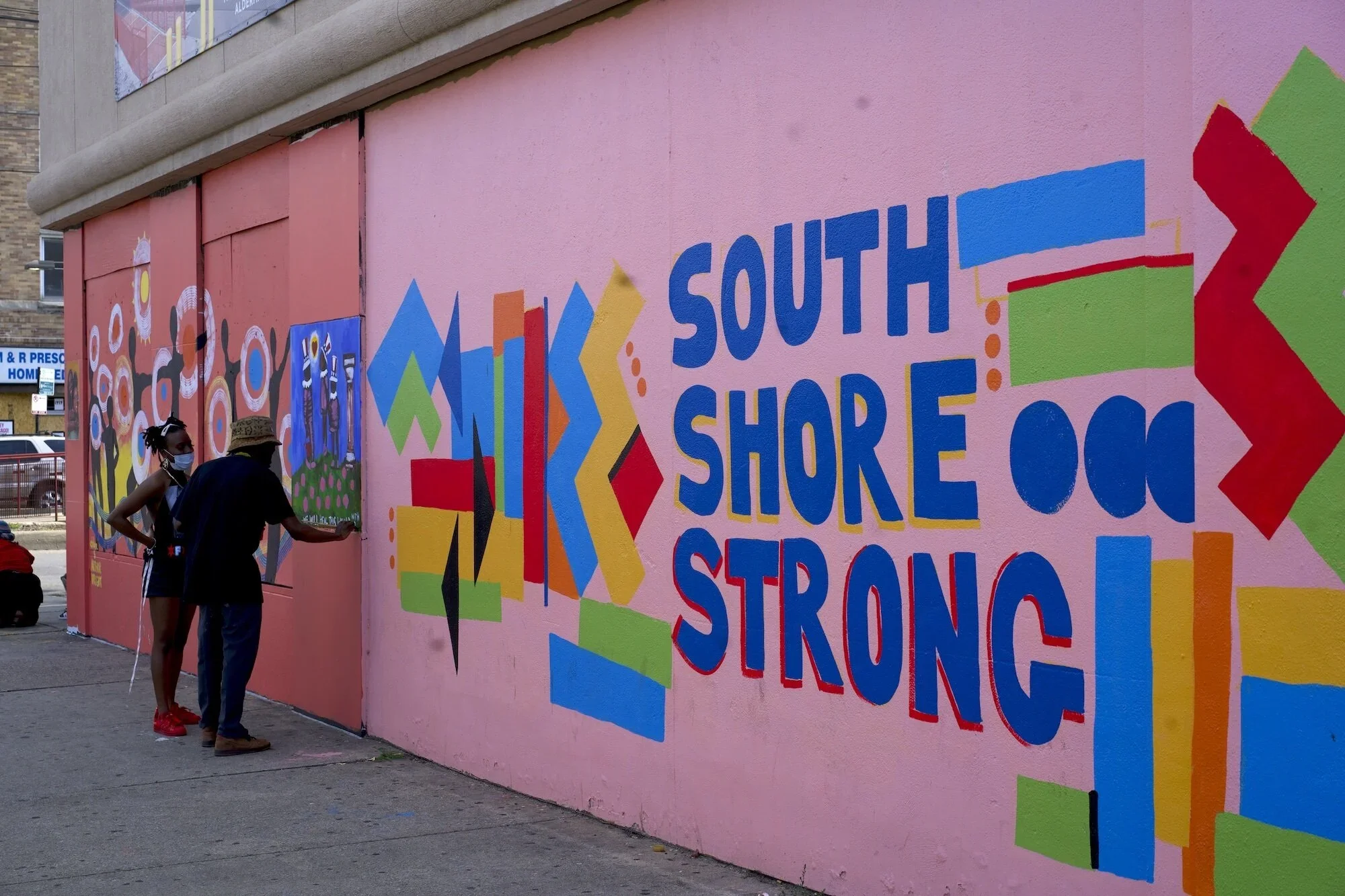Federal Action in South Shore: A Step Toward Safer Communities
When masked federal agents were spotted in South Shore this month, many residents looked out their windows in shock. The sight of tactical gear, long guns, and FBI or Border Patrol vests on quiet neighborhood streets is not something Chicagoans see every day. Yet behind the startling images lies an important truth: federal intervention, when carefully targeted, is not an attack on communities but a shield for them.
Why Federal Agents Were in South Shore
According to multiple reports, the recent operation in South Shore was a targeted enforcement action led by federal immigration and law enforcement agencies. The stated aim was to detain individuals with serious criminal records and outstanding immigration violations. Officials stressed that this was not a random sweep, but a deliberate attempt to remove individuals who present a risk to public safety.
In a neighborhood long plagued by gun violence, trafficking, and criminal networks that often transcend city boundaries, federal resources bring a level of reach and authority that local police alone cannot always muster.
Benefits for the Community
For the people who call South Shore home, there are tangible benefits to federal operations of this kind.
Removing Dangerous Offenders
Families deserve to know that individuals with violent crime records will not remain hidden in their neighborhoods. By targeting repeat offenders, these operations directly reduce threats on the ground.Disrupting Criminal Networks
Federal agencies bring intelligence resources and inter-jurisdictional authority that allow them to dismantle operations stretching beyond Chicago. When federal agents take action, they’re not just arresting individuals—they’re weakening the larger systems that fuel neighborhood violence.Deterrence Through Visibility
The presence of federal law enforcement sends a strong message: South Shore is not a safe haven for criminal activity. That deterrent effect protects law-abiding citizens who want nothing more than to walk their streets, shop at local stores, and let their children play without fear.Restoring Confidence and Order
Perhaps most importantly, these operations can restore hope. When citizens see that the federal government is willing to step in and protect them, it affirms their right to safety and dignity. Communities that feel heard and defended are more likely to partner with law enforcement in the future, reporting crimes and cooperating with investigations.
A Necessary Partnership
Critics will argue that these actions sow fear, and it’s true: accountability measures must remain in place. Mistakes—such as U.S. citizens being briefly detained—must be acknowledged and corrected swiftly. But to focus only on those challenges is to miss the larger point. Chicago’s neighborhoods need all hands on deck.
Federal intervention should not replace local policing but complement it. When combined with community engagement, youth investment, and long-term prevention strategies, these operations form part of a comprehensive approach to making South Shore safer.
The Bigger Picture
South Shore is a proud, resilient community. It has produced leaders, entrepreneurs, and families who remain committed to its future. But it has also carried the burden of violence and crime for far too long. Federal operations, done right, are a signal to residents that they are not forgotten, that their safety is a national priority.
The real measure of success will not be in a single day’s arrests, but in the weeks and months ahead: fewer shootings, stronger businesses, and children growing up free from the fear that has haunted too many Chicago blocks. That is what federal action promises—and that is what South Shore deserves.


